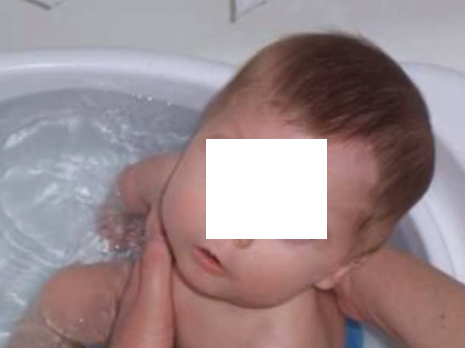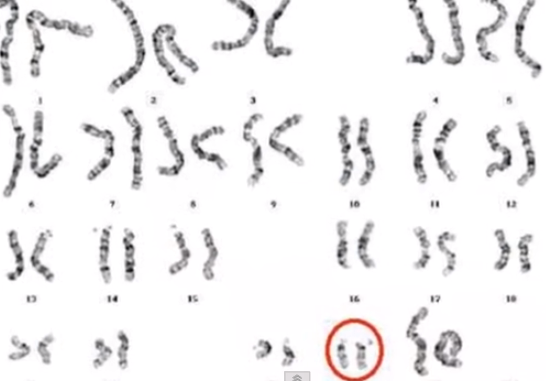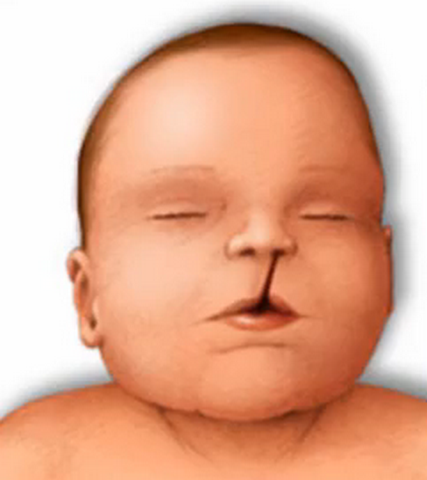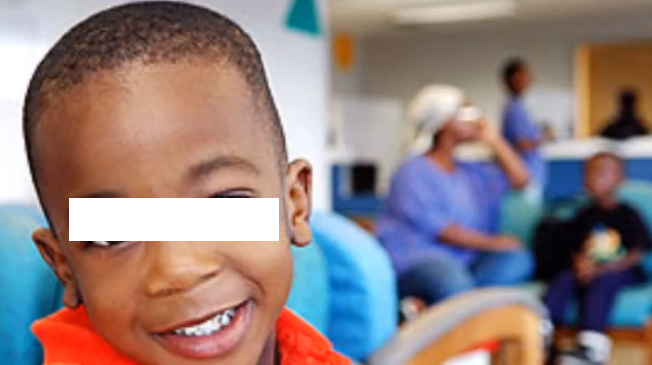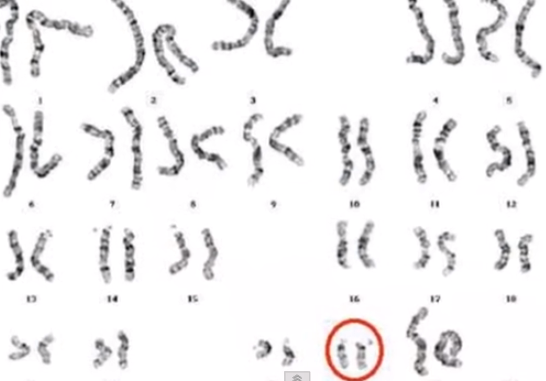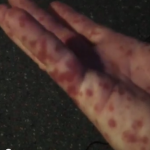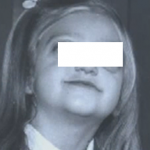What is DiGeorge Syndrome?
It is a condition wherein the developments of various body systems remain retarded. The cause DiGeorge syndrome is associated with the presence of a defect in chromosome 22. The medical name for this defect is 22q11.2 deletion syndrome.
There are a number of health complications that follow the DiGeorge syndrome. Some of those problems are:
- Mal functioning of the immune system
- Getting diseases that accompany following lack of calcium in body
- Heart defects
- Cleft palate
- Behavioral disorders
In the olden days, DiGeorge syndrome was called as velocardiofacial syndrome. Currently, eventhough the term “22q11.2 deletion syndrome” is used frequently, calling it by the older name is also stillinpractice.
The scale and magnitude of DiGeorge syndrome and its health complicationsvary from patient to patient. Depending on the effect and nature of DiGeorge syndrome, one may need treatment from different types of specialists.
Symptoms of DiGeorge syndrome
The signs and symptoms of DiGeorge syndrome vary depending on the severity and the type of DiGeorge syndrome. The differences depend on the different body systems that get affected and on the severity of disorder. Some of the abnormalities may be noticeable at birth, but most of them become visible only in late infancy and early childhood.
The following are some of the signs and symptoms of DiGeorge syndrome:
- Feeding problems
- The infants suffering from DiGeorge syndrome tend to add no weight
- Inability to thrive and flourish
- Appear weak and fatigued
- The skin appears bluish due to poor circulation of oxygen bearing blood
- Poor muscle mass build up
- Shortness in breath and other anomalies of the respiratory system
- Presence of tremorsthat affect varied body parts such as the hands, arms, around the throat, or mouth
- Cleft palate and other anomalies of the palate
- Frequent infections
- Delays in normal development of movements such as crawling, sitting, rolling, walking,etc.
- Distinctive facial features such as low set ears, prominent lengthy face, hooded or wide eyes, and a flat or narrow or short groove on the upper lips
- Delay in developing speech
- Experiencing learning problems
The following are some of the complications that accompany DiGeorge syndrome:
- Malfunctioning of autoimmune system
- Dysfunction of Thymus gland
- Heart defects
- Vision problem
- Hypoparathyroidism
- A shorter stature in comparison to the average heights of other family members
- Deafness and other hearing disorders
- Mental problems
- Learning problems
- Defective kidneys
- Behavioral problems
Causes
- Defective Chromosomes – All humans have two copies of chromosome 22 inherited one each from the father and mother. There are about 500 to 800 genes in the chromosome 22. Whenever a part of chromosome gets deleted, DiGeorge syndrome is caused.
- Missing of certain specific sections from the copy of chromosome 22 – Whenever one copy of chromosome 22 misses certain specific sections that consists ofabout 30 to 40 genes, DiGeorge syndrome is caused. Even today, the functioning of a majority of genes is not fully understood by the researchers. The missing parts of chromosome 22 in patients of DiGeorge syndrome is called as 22q11.2. The missing section in chromosome 22 causes the distinctive defects(which was to be functionally completed by that missing section) in a DiGeorge syndrome patient.
- The missing of genetic matter in chromosome 22 happens at random either during the formation of eggs and the sperms, or during the early conception stage. As such the duplication of defect in each cellof the body occurs during the early fetal stage.
Treatment of DiGeorge syndrome
There is no known cure for DiGeorge syndrome. Treatment is aimed at managing the abnormal symptoms and preventing the onset of complications. A few associated conditions may be treated in the following ways:
- Cleft palate, cardiac disorders, and other physical disorders are normally treated with medicines and/or surgery.
- If the functioning of the thymus gland is restricted, it may aggravate infections. But the effects tend to be mild, such as ear infections, cold, etc. These are rectified by normal course of medicines and treatments.
- Infants with thymic functional disorder are given vaccine routines. In course of time their immune system gets stronger when they grow and reach adulthood.
- If the thymic gland itself is absent or if its function is restricted severely, it may cause severe infections.A transplantation of specific cells from the bone to the thymus tissues that empower the immune system to fight infections, or a similar transplantation of specific blood cells can correct the disorder.
- Intake of vitamin D and calcium along with low phosphorus diet will treat hypoparathyroidism. In course of time, infants with a sufficiently undamaged parathyroid organ may stop the controlled diet as they grow older, and as their parathyroid gland becomes strong enough to provide required levels of calcium and phosphorus on its own.
DiGeorge Syndrome – Life Expectancy
Statistics show that 22 percent of patients who have DiGeorge Syndrome die, especially when they are children. Mostly, they die within the first year of their birth. However, with proper treatment to boost the immune system and address the heart problems, most children grow into adulthood and live a normal life. However, long-term care and support do become imperative.
DiGeorge Syndrome Pictures
